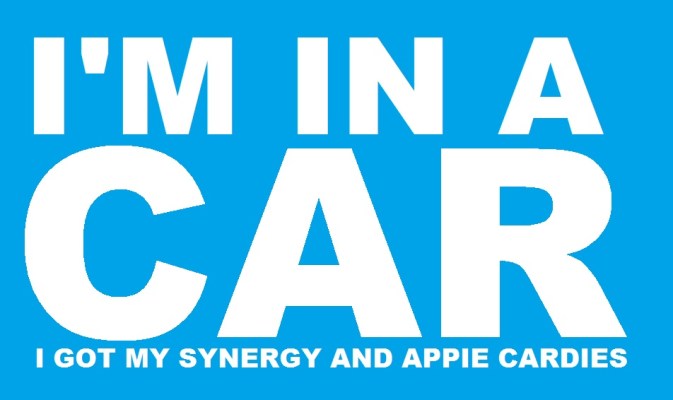HP stated from the start that it planned on putting webOS in more than just smartphones and tablets. It foresaw a time when webOS would run printers, netbooks, and the world! Well, the time has come. HP is looking to grow the webOS base and expand into the world of major appliances and automotive.
HP invested $1.2 billion into Palm last year and from an outsider’s standpoint, it’s hard to view that as a wise investment even when considering the 1,500 patents that were part of the deal. The chief product, the webOS TouchPad, is floundering in the marketplace. Spotting a webOS smartphones in the wild is akin to seeing MG using a Xoom. WebOS is a fine operating system, but consumers just haven’t latched on for various reasons. HP is now looking outside the traditional CE realm for help.
Part of the OS’s downfall is that the products do not have any dev or 3rd party support. Smartphones must have a solid set of native apps, which webOS has, but it then must have an even more robust ecosystem of 3rd party apps. That’s what makes iOS so popular: Apple handles the mundane tasks normally associated with a phone while it outsources all the fun and innovative stuff to App Store devs. Without this sort of support, backed with word-of-mouth marketing, an awesome OS such as webOS doesn’t have a chance.
And so HP is looking to put webOS in unconventional products. WSJ states it’s looking to the automotive and appliance sectors for a bit help. The thought, which is smart, is to licence their webOS system to companies without their own touch interface. The hope, which is wrong, that one day your washing machine, stove, or even car infotainment system will run on webOS. Of course Android is there, lurking in the corner, but recent patent litigation and licensing battles makes it look like the dirty alternative.
Unfortunately for HP, as the WSJ lays out, the appliance world won’t likely adopt a touchscreen interface. Washing machines and such have a lot longer life cycle than a smartphone. What’s hot today, won’t be hot in ten years, let alone five. Appliances are built for reliability, not apps.
HP might have a little more luck in the automotive sector. Microsoft is currently a big player with Microsoft Auto the backbone for many automotive systems like Ford Sync. In-car infotainment systems are ripe for disruption. Only a few are actually worth their cost.
This is the right path for HP and webOS, though. The company needs to grow the webOS brand and exploring other spaces might be a rough, but a smart course. You can bet that HP is not going to let the $1 billion investment die without a fight. The TouchPad is just the beginning. WebOS is here to stay — even if no one is buying the products.
